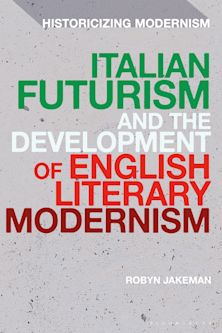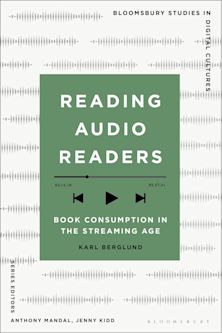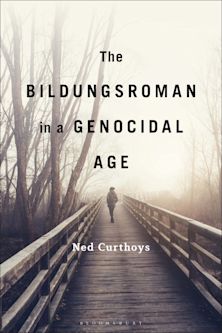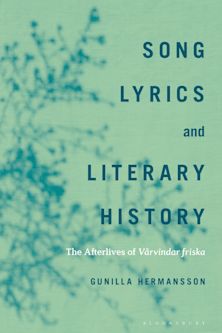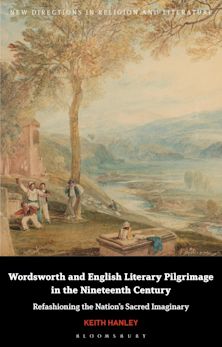- Home
- ACADEMIC
- Literary Studies
- Western European Literature
- Reading Riddles
This product is usually dispatched within 1 week
- Delivery and returns info
-
Free US delivery on orders $35 or over
You must sign in to add this item to your wishlist. Please sign in or create an account
Description
Reading Riddles: Rhetorics of Obscurity from Romanticism to Freud explores how the riddle becomes a figure for reading and writing in early German Romanticism and how this model then enables Sigmund Freud's approach to the psyche. It traces a migration of ideas from literature to psychoanalysis and argues that the relationship between them must be situated at the methodological level. Through readings of texts by August Wilhelm, Friedrich Schlegel, G.W.F. Hegel, and Ludwig Tieck Reading Riddles documents how the Romantics expand the field of poetic signification to include obscure, distorted signs and how they applied this rhetoric of obscurity to the self. The book argues that this model of self and signification plays a central role in the formulation of Freud's psychoanalytic theory. If the self is a riddle, as many in the nineteenth century claim, Freud takes the figure seriously and interprets the mind according to all the structures and techniques of that textual genre.
Table of Contents
Chapter 2 Note on Translations and Abbreviations
Chapter 3 Introduction
Part 4 I. Riddle and Obscurity in Early Romanticism
Chapter 5 Chapter 1: From Irritant to Ideal: The Transvaluation of Riddle
Chapter 6 Chapter 2: The Closed Circle of Criticism
Chapter 7 Chapter 3: Alethic Aesthetics: Hegel's Riddle of the Symbol
Chapter 8 Chapter 4: Wordplay and Identity in Tieck's Early Prose
Part 9 II. Reading the Psyche: The Human Riddle
Chapter 10 Chapter 5: The Inaugural Gesture of Psychoanalysis
Chapter 11 Chapter 6: The Joke and Its Other: Toward a Freudian Concept of Riddle
Chapter 12 Chapter 7: The Riddle as Freud's Textual Model
Chapter 13 Chapter 8: Trauma and the Other Oedipus Complex
Chapter 14 Notes
Chapter 15 Bibliography
Chapter 16 Index
Product details
| Published | Dec 16 2010 |
|---|---|
| Format | Hardback |
| Edition | 1st |
| Extent | 200 |
| ISBN | 9781611480283 |
| Imprint | Bucknell University Press |
| Dimensions | 9 x 6 inches |
| Series | New Studies in the Age of Goethe |
| Publisher | Bloomsbury Publishing |
About the contributors
Reviews
-
In this cogent contribution to scholarship, Tucker argues for a connection between Romanticism and psychoanalysis 'at the level of formal and methodological principles, in a shared notion of how poetic language operates.' The author observes that in German Romanticism the riddle—understood as a 'figure for the processes of writing and reading'—emerges as a key figure for a modern poetics that 'privileges obscurity, difficulty, and interrupted communication.' He develops this idea in discussions of comprehensibility/incomprehensibility and the function of criticism between August Wilhelm and Friedrich Schlegel, Hegel's conception of the symbol, and the deployment of riddle structures in Ludwig Tieck's 'Blond Eckbert' and William Lowell. Tucker then takes up Freud's work on jokes and dream work to show that the riddle provides a model for Freud's interpretative practices; he offers a plausible path of intellectual transmission of this model from the Romantics. Freud, then, becomes his own Oedipal figure: a man who strives to solve the riddle of the human psyche. Tucker's focus on the riddle is a new and productive approach to the material; it merits attention. Recommended. Upper-division undergraduates, graduate students, researchers/faculty.
Choice Reviews
-
The author manages to do justice to both Romanticism and psychoanalysis on their own terms, displaying a remarkable sensitivity both to rhetorical complexity and historical specificity....What might seem conservative to some -- precisely those techniques that assist in the "close reading" of texts -- is made novel and exciting in the course of Tucker's investigation.
Monatshefte












